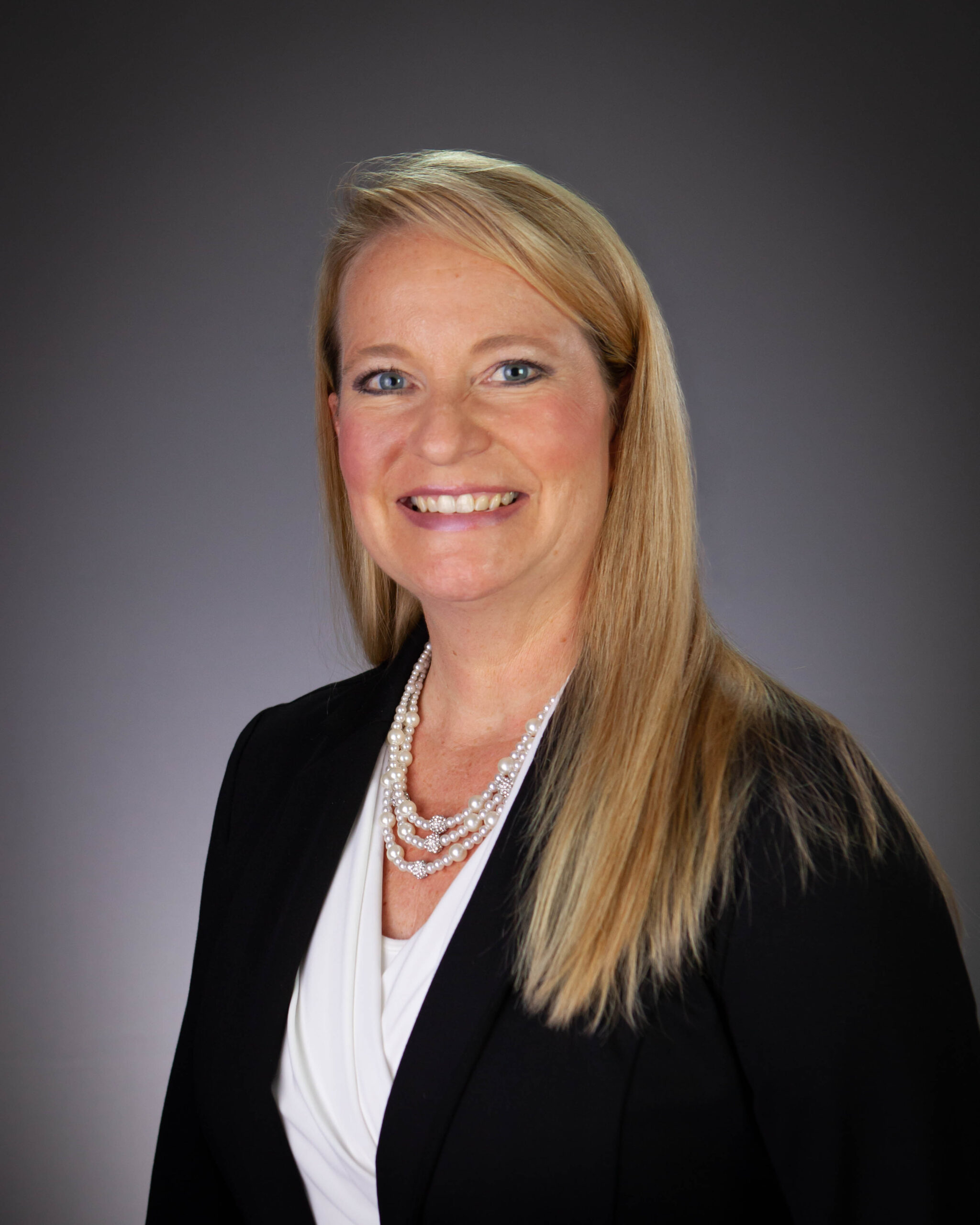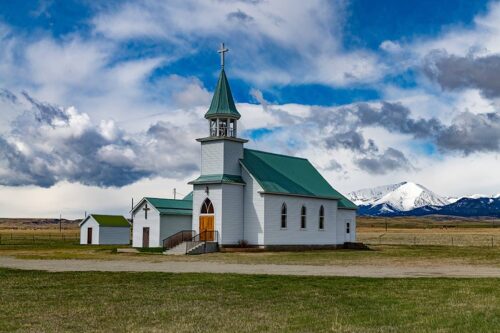
In 1925, the U.S. Supreme Court struck down an Oregon law that sought to eliminate private education. The Court held that “[t]he child is not the mere creature of the State,” and therefore parents should have the right to send their child to somewhere other than a public school to receive an education.
Almost a century later, charter schools have emerged as a viable way for parents to seek an alternative education for their children without breaking the bank. And on April 30, 2025, the Supreme Court has a chance to further protect parents’ choices in education by reversing a lower court decision excluding religious groups from participating in Oklahoma’s charter school program.
Catholic dioceses applied to open a virtual charter school
In 1999, the Oklahoma legislature enacted the Oklahoma Charter Schools Act to provide more educational opportunities for families. The act allows private organizations to contract with a sponsor and operate charter schools in the state. These schools are open to all students and may not charge tuition or fees. Because of these distinctives, charter schools provide an alternative for families seeking a school outside the state educational system without having to pay the large tuition sums that often come with a private education.
A pair of Catholic dioceses in the state, the Archdiocese of Oklahoma City and the Diocese of Tulsa, applied to the Oklahoma Statewide Charter School Board to establish a virtual religious charter school called St. Isidore of Seville. The board approved the application in 2023.
Unfortunately, Oklahoma Attorney General Gentner Drummond filed a lawsuit against the board charging it with violating a portion of the Charter Schools Act requiring the schools to be “nonsectarian.” But that requirement is a blatant violation of the First Amendment—and it also harms students and parents seeking other education options.
Problems in US public schools
Public schools across the country are receiving more government funding than ever. During the 2020-21 school year, total spending for public elementary and secondary schools reached $927 billion. This amounts to an average of $18,614 per student.
Sadly, this funding has not translated to better educational outcomes for students. A 2023 report from the National Assessment of Educational Progress found that the average scores for 13-year-olds in the 2022-23 school year declined 4 points in reading and 9 points in mathematics compared to the 2019-20 school year. Of 81 countries that took the Program for International Student Assessment in 2022, the U.S. ranked 16th in science, ninth in reading, and 34th in math—hardly inspiring numbers for one of the most powerful countries in the world.
Myriad issues have contributed to this problem. One issue is that teachers unions have prioritized their own interests over those of students. For example, in 2022, teachers unions in Chicago held public schools hostage and forced the third-largest school system in the country to shut down over concerns about COVID-19, even though the worst of the pandemic was well in the rearview mirror.
This term, the Supreme Court is also hearing Mahmoud v. Taylor, a case about a Maryland public school district that began pushing radical gender ideology on children as young as five years old without giving parents the opportunity to opt their children out.
Given these problems, it is not surprising that parents are seeking alternatives for their children that meet their educational needs and do not violate their deeply held beliefs. Religious charter schools like St. Isidore can bridge that gap.
The benefits of religious charter schools in Oklahoma
Parents in the state of Oklahoma have also felt the decline of public education. A recent study of student performance on national achievement tests in 35 states found that Oklahoma’s traditional public schools were in the bottom half.
At the same time, many Oklahoma parents have already seen the benefits of charter schools. In that same study of 35 states, Oklahoma’s charter schools ranked sixth.
The Oklahoma Charter School Act aims to “[i]ncrease learning opportunities for students,” “[e]ncourage the use of different and innovative teaching methods,” “[i]mprove student learning,” and “[p]rovide additional academic choices for parents and students.” And in many cases, it has done so.
One Oklahoma charter school, Comanche Academy, provides an educational option “where the Comanche (Numunu) Culture language is the instructional format.” Another, Le Monde International School, is a “French and Spanish immersion school.”
But one particular group of Oklahomans is being excluded: parents seeking a religious education for their children. The First Amendment prohibits this kind of discrimination, and the U.S. Supreme Court has repeatedly held that otherwise qualified organizations cannot be excluded from public benefit programs on the sole basis that they are religious in nature.
St. Isidore would provide a high-quality education and offer other benefits to students and parents. Parents seeking an education that aligns with Catholic values (rather than the political ideology being pushed at many public schools) would greatly benefit from St. Isidore. And children would be free to learn in a high-caliber academic environment that aligns with their family’s beliefs.
This is especially true for lower-income families who cannot afford to send their children to a private school, but who want a religious education for their children. St. Isidore estimates that at least half of its first incoming class will come from economically disadvantaged families. If Oklahoma excludes religious groups from starting charter schools, these families will likely have no viable way to seek an education for their children that aligns with their values.
Just as a Comanche family in Oklahoma may desire an education based on their tribe’s culture and language, so too do many Catholic parents seek a religious education for their children. St. Isidore provides that option. Alliance Defending Freedom is representing the Oklahoma Charter School Board because it correctly followed the U.S. Constitution by approving St. Isidore’s application. Unfortunately, the Oklahoma Supreme Court ruled against the board.
The U.S. Supreme Court now has an opportunity to reverse that decision and clarify that Oklahoma can’t discriminate against religious groups when deciding who can start a charter school. All parents should be able to choose schools that they know will be best for their children, and schools like St. Isidore would simply provide another option for parents who want to choose a school that aligns with their religious values. Parents and children deserve more high-quality educational options, not fewer.






